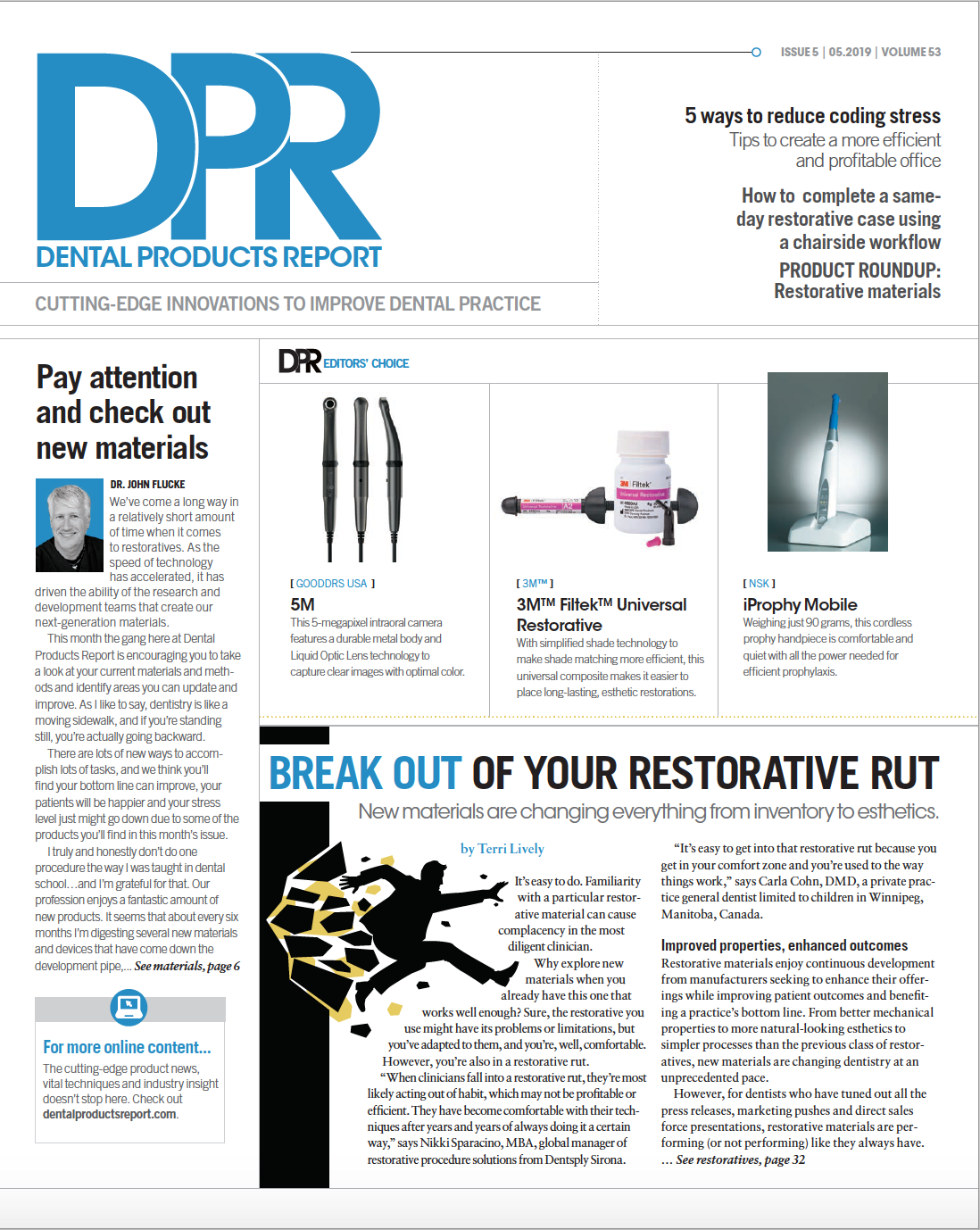Are dental software contracts 'rigged'?
Unless you know how to play the game, you'll end up with a losing deal.

With the explosion of new dental software capabilities, chances are your DSO, group, or practice is looking at changing your software, in the middle of purchasing new software, or upgrading your software to a new version.
In any case, the most critical path to your success is negotiating a software contract that assures you get the best deal and gives you adequate protection into the future.
Unfortunately, having the experience of many years of negotiating both dental and medical software agreements, I can tell you with certainty the system is rigged in favor of the vendor. You start behind the eight ball, and unless you really know how to play the game, will wind up with a poor deal and a losing contract.
And don’t think you can just pass it all off to your attorney. Unless your company attorney has years of specific software and IT contract negotiations, you should be concerned.
More from the author: Key elements missing from group software
Different type of deal
Dental software contracts are much different than the standard contracts and agreements. It’s important to understand that there are many “business” issues that need to be addressed in a successful software contract. If you don’t personally take control of these issues and decisions from the outset, it can be a recipe for disaster. That’s what many software vendors are counting on.
They usually get what they want because the groups and practices they are selling to either don’t have the knowledge to question all the aspects of their contracts and agreements or they just choose to keep their head in the sand during the process. Business issues regarding your software contracts and agreements need executive management involvement and decision-making as well.
I can’t tell you how many times over the past years I’ve been contacted to review software contracts for a group or practice after their attorney had input and I still found many items not addressed or that could’ve been negotiated further to avoid issues down the road.

Ask questions
Don’t let your software vendor intimidate you into believing you shouldn’t question every aspect of both your deal and your contract. An example is the time when I was helping a large group negotiate their software agreement and I insisted the vendor structure a very detailed support agreement as an addendum. This support addendum was meant to spell out situations and associated metrics regarding support assurances as well as remedies if the vendor didn’t meet what was agreed upon.
Instead of the vendor appreciating what we needed in order to get the deal done and work with us, they argued they had never structured a support agreement like this in the past, they weren’t going to do it now, and they didn’t need it because they’ve never had a problem with support.
They said I could check with some of their customers to confirm this. They didn’t get the point. Whether they did supply good support or not in the past was irrelevant to structuring a solid support agreement to protect my client from issues that could occur in the future. When they kept arguing we didn’t need a detailed support agreement, we decided to go elsewhere.
Continue reading on page two...
Prepare for change
What about vendors trying to hold your patient data hostage by demanding, even after you terminate the contract, you pay them everything you supposedly owe or they will not give you access to your patient data? What if their software had issues or they didn’t provide good support? Does that give them the right to keep your data until you “pay up”?
One group came to me after the fact. They had numerous issues with their vendor, yet the vendor refused to give them their data. The group hadn’t thought about this when they were signing the deal.
There was another group that approached me after they decided to purchase new software. Their original vendor was going to charge an exorbitant amount to transfer their data to the new system. The group should’ve addressed this in the contract with a transition clause.
These are the types of issues management of a DSO, group, or practice needs to be involved with. They’re business issues reflected in your contracts.
Cloud concerns
If you happen to be contracted with a cloud-based software vendor, you assume you’ll always have backups, and if something should happen to your data, it can be easily recovered.
However, there was a situation where a group found out its software vendor didn’t have good backups. When there was an issue with their database, the vendor claimed they weren’t responsible for all the manual work to recreate their patient data.
You would’ve thought the software contract would address this and vendor would pay for the recovery. However, when I asked to see the group’s previous software contract, this wasn’t addressed. Again, another business issue the group should’ve thought about during the contracting process.
Related reading: Why cloud-based software is in demand for DSOs
Games and deals
Do you assume just because your software account manager or salesperson tells you you’re getting the best deal possible that it’s true? Don’t kid yourself. You need to be aware of the game vendors play.
I was helping a group negotiate a contract and when I reviewed the proposal along with the terms they were offered, I thought they could do better. The purchasing manager of the group assured me he had negotiated the best deal available. After making my case, he finally agreed to let me see if we could get more. After a few phone calls and meetings with vendor management, we did get some large additional discounts. It pays for you to know the game, or at least think about it, because the software vendors definitely do.
The above examples are just a handful of concerning items in dental software contracts and agreements. There are many more to be aware of.
Remember, software vendors aren’t necessarily your friends. They aren’t there to look out for your best interests. They want to make the best deal for themselves, as they should. You should be skeptical of what you’re presented with until you’re certain you’ve been thorough to get the best deal and contract for your DSO, group, or practice.
In addition to legal jargon, there are many “business” issues you should be involved with yourself when negotiating a good deal. Getting a good protective software contract is key to your future success as an organization and unfortunately, these are typically rigged in favor of the vendor.
For more information on taking control of your software deal and contract, download the e-book “How to Survive Your Dental Software Contract-Tips from an Insider” at dentalsoftwareadvisor.com

ACTIVA BioACTIVE Bulk Flow Marks Pulpdent’s First Major Product Release in 4 Years
December 12th 2024Next-generation bulk-fill dental restorative raises the standard of care for bulk-fill procedures by providing natural remineralization support, while also overcoming current bulk-fill limitations.